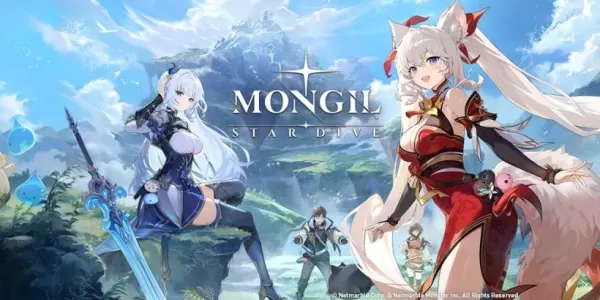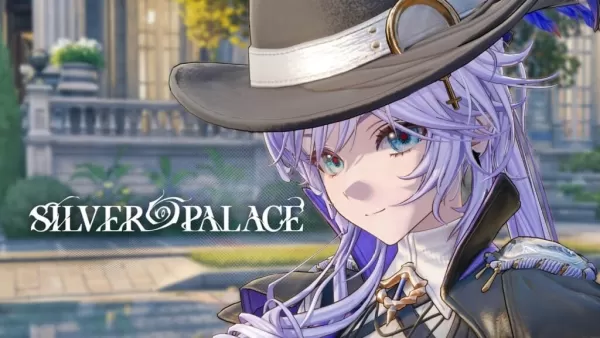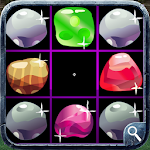The debate surrounding turn-based versus action-oriented gameplay in RPGs has been reignited by the recent release of *Clair Obscur: Expedition 33*. This game, which launched last week, has garnered widespread acclaim from outlets like IGN and other gaming communities. *Clair Obscur: Expedition 33* proudly showcases its inspirations, featuring elements like turn orders, Pictos to equip and master, dungeon crawls, and an overworld map reminiscent of classic RPGs.
In an interview with RPGsite, producer Francois Meurisse emphasized that *Clair Obscur* was designed as a turn-based game from the outset, drawing significant inspiration from titles like *Final Fantasy VIII*, *IX*, and *X*. Additionally, the game incorporates action elements inspired by *Sekiro: Shadows Die Twice* and *Mario & Luigi*, blending quick-time events for attacks and parrying/dodging for defense. This hybrid system offers a strategic turn-based experience that transitions into action-oriented gameplay during combat phases, sparking lively discussions across social media.
The success of *Clair Obscur: Expedition 33* has fueled debates, particularly around the *Final Fantasy* series, which has increasingly adopted action-based mechanics in recent entries like *Final Fantasy XV*, *XVI*, and the *VII* remake series. Naoki Yoshida, during the media tour for *Final Fantasy XVI*, highlighted the shift towards action-based systems, noting a growing sentiment among younger audiences who prefer more dynamic gameplay over traditional command-based RPGs.
However, Square Enix hasn't abandoned turn-based games entirely. Titles like *Octopath Traveler 2*, *SaGa Emerald Beyond*, and the upcoming *Bravely Default* remaster for Switch 2 continue to cater to fans of the genre. While *Final Fantasy* may have evolved, the broader RPG landscape still supports diverse gameplay styles.
The question of whether *Final Fantasy* should emulate *Clair Obscur: Expedition 33* is met with a resounding "no" from many fans. *Final Fantasy* has its own unique aesthetic and iconography that cannot be simply replaced. While *Clair Obscur* shares similarities with *Final Fantasy*, it also stands out with its innovative combat systems, compelling soundtrack, and rich world-building.
The success of *Clair Obscur: Expedition 33*, with over 1 million sales in just three days, highlights the potential for well-crafted turn-based RPGs. Other successful titles like *Baldur's Gate 3* and *Metaphor: ReFantazio* further demonstrate that turn-based games can achieve both critical and commercial success. However, the expectations for *Final Fantasy* are typically much higher, and the broader gaming industry's shifts and the rising costs of development play significant roles in shaping the series' direction.
Ultimately, the lesson from *Clair Obscur: Expedition 33* is the importance of authenticity. Games that boldly embrace their unique vision and mechanics, rather than merely imitating others, tend to stand out. As Swen Vincke of Larian Studios noted about *Baldur's Gate 3*, investing in a game that the creative team is passionate about can lead to remarkable results. This approach encourages a constructive path forward for the gaming industry, focusing on innovation and creativity rather than rehashing old debates.















